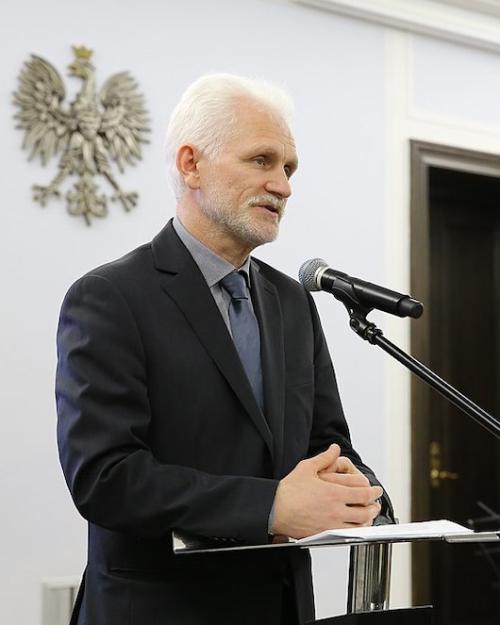The Nobel Peace Prize was awarded to Belarusian political activist Ales Bialiatski, as well as two human rights organizations, Memorial in Russia and the Center for Civil Liberties in Ukraine.
Associate professor Valzhyna Mort, a poet born in Belarus, can speak to the political repression in Belarus and the significance of Ales Bialiatski’s activism on human rights.
Mort says that the Viasna Human Rights Center, founded by Bialiatski, "was ‘liquidated’ by Lukashenka’s regime in 2003 but has continued to fight for human rights in Belarus under the great pressure of the regime. The prosecution of Viasna continues.
“I hope that this award will galvanize international support for Ales Bialiatski and Viasna and bring the release of these political prisoners. They should be at home, with their people, many of them are seriously ill. Lukashenka’s regime is killing them in jail.”
For interviews contact Lindsey Knewstub, cell: 607-269-6911, lmh267@cornell.edu.
Photo by Michał Józefaciuk/ The Chancellery of the Senate of the Republic of Poland, Creative Commons license 3.0




